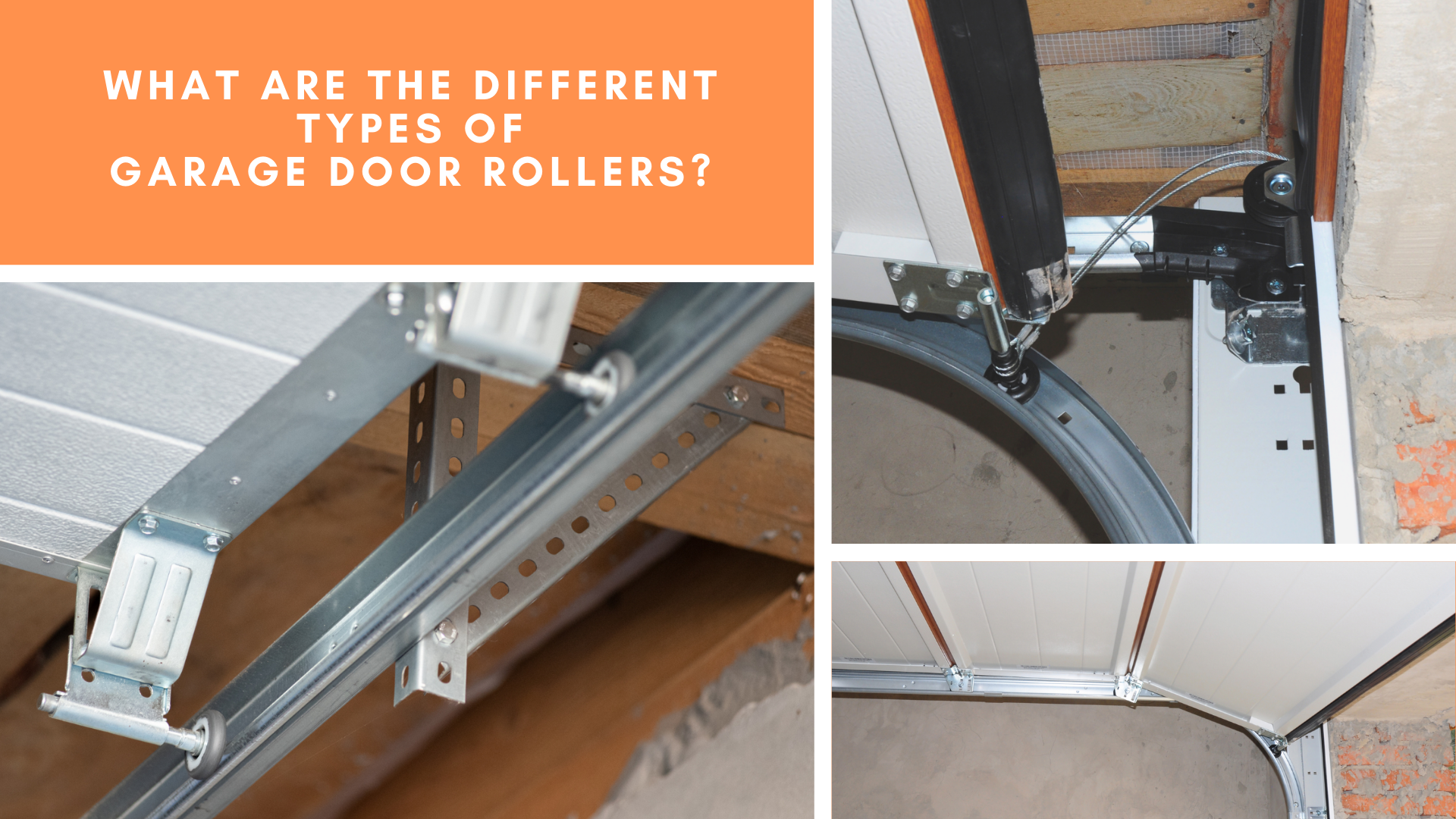
Picking the right garage door rollers can save you time and money down the road, so it is crucial to understand each type of roller before making a decision. Knowing how garage door rollers function can guide you in making an informed choice when looking for the right one for your overhead garage door. Let us talk about the things you have to know about garage door rollers.
Ball Bearings
Ball bearings determine the durability of garage door rollers. Ball bearings are little metal balls that reduce friction between the roller's stationary rod and the rotating wheel. Rollers without ball bearings wear out much faster. Ball bearings are found on most steel and nylon rollers, but plastic rollers never have them.
Garage doors usually come with seven to thirteen ball bearings. The more ball bearings it has, the longer the roller's lifespan is. A nylon roller with 13 ball bearings, for example, is usually rated for 20,000 cycles (a cycle is when your door opens and closes in one complete turn). One with 10 ball bearings is typically rated at 10,000 to 15,000 cycles. The average residential garage door has 11 rollers on it.
11 Ball Bearing Rollers
11 ball bearing rollers have a weight capacity of 75 pounds per roller. This means that a 750-pound garage door may be supported by ten of these rollers. They can last for approximately 15,000 garage door cycles.
13 Ball Bearing Rollers
13 ball bearing rollers have a weight capacity of 85 pounds per roller. These rollers can last up to 25,000 garage door cycles, which translates to 25-35 years of regular garage door operation.
Z Bearing Rollers
Z rollers can support up to 105 pounds per roller. Referred to as "lifetime rollers" because of their exceptional quality, Z rollers can withstand 50,000 garage door cycles, which is around 70 years of everyday use.
Types of Rollers
Plastic Rollers
Plastic rollers with no bearing can support lightweight, hollow metal garage doors. They are a standard for home builders to use because of the low cost. However, you should avoid using plastic rollers at all costs. For one, they do not roll well and have to be constantly sprayed with lube and oil because they tend to freeze up. They typically last a year under regular use. If your garage door rollers are plastic, you should replace them as soon as possible.
Steel Rollers
Steel rollers with no ball bearings are inexpensive but not very good. Even those with ball bearings, steel rollers are prone to rust and corrosion when exposed to the weather, high humidity, flooding, or blizzards. Though they do have a rust-resistant coating, they can be scraped or worn away over time. They must also be lubricated regularly; otherwise, they will start creaking and screeching. Steel rollers also make vibrations as they go up and down the tracks.
Nylon Rollers
Nylon rollers are substantially more resistant to the elements than steel rollers. They do not rust, therefore ideal for high-humid areas and wet environments where corrosion is a possibility. Nylon wheels are strong enough to withstand heavy use, so you do not have to replace them after just a couple of years. However, the best advantage of nylon garage door rollers over other types is that they are quiet. On the other hand, nylon garage door rollers cost more than steel.
Titan Garage Doors is a full-service garage door company serving the greater Omaha area and Council Bluffs, Iowa. We specialize in all types of garage door repair and garage door maintenance. Call us at (402) 513-0255 for emergency garage door repair service.
